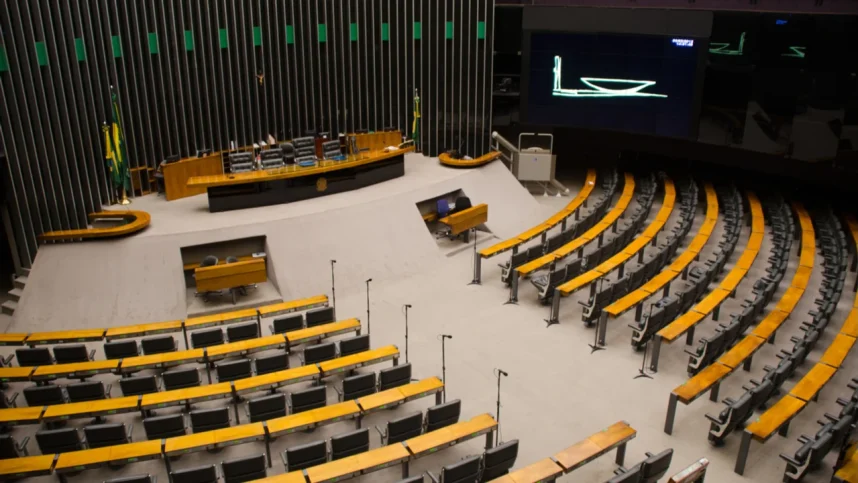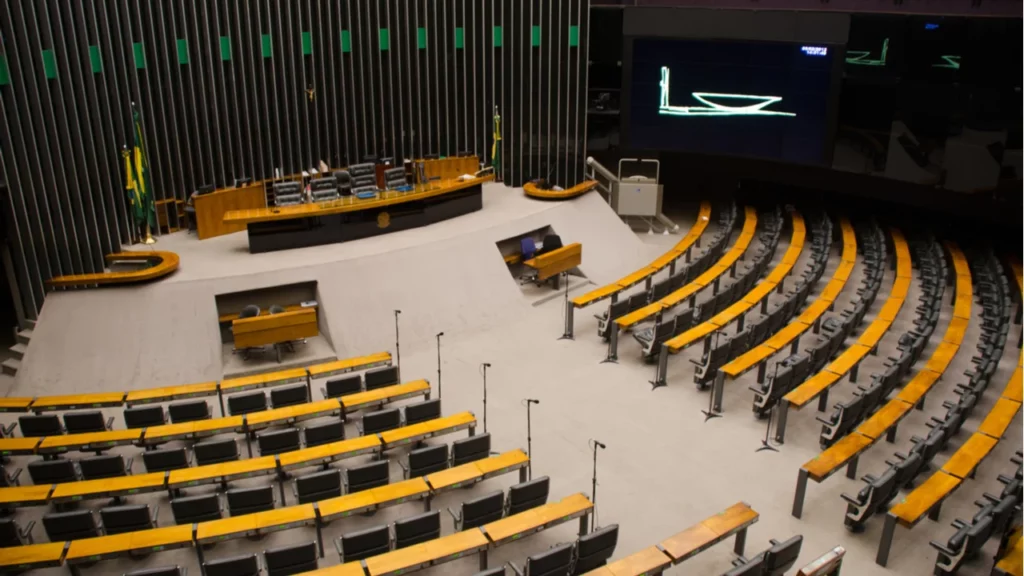Posted on: December 7, 2023, 06:44h.
Last updated on: December 7, 2023, 11:17h.
After several delays, the Brazilian Senate scheduled a vote on a sports betting and iGaming bill for Wednesday. However, the legislative debate continued along the same path the chamber has been walking for months before it faced another intentional delay.

On Tuesday, many senators requested a delay, citing the complexity of the issue and a low quorum that hindered a comprehensive discussion. Senate President Rodrigo Pacheco accepted the request and rescheduled the vote for December 12.
The low quorum resulted from the absence of senators participating in COP28 (UN Conference on Climate Change) in the United Arab Emirates. Given that COP28 runs through December 12, a vote on the bill on that day doesn’t seem likely.
Time Running Out
On November 29, maneuvers by senators opposed to the project led to the initial postponement. Moves by Senator Angelo Coronel, who supported the matter and who rejected last-minute plenary amendments, didn’t sit well with some of his colleagues.
Since then, delays have been the normal course of action, with senators inventing new reasons why they couldn’t discuss the legislation.
The latest reason – the physical absence of some senators – doesn’t hold up to scrutiny any better. The Senate has been conducting sessions short-handed since last week.
After the first delay, Pacheco emphasized that Senators needed to vote on the project, initiated by the Executive Branch under a provisional measure, within 45 days. That led to all other legislative discussions being put on hold.
That changed on November 12, when the Senate released the hold. This paved the way for senators to process other legislative proposals. But delays in committee deliberations prevented the project from reaching the plenary sooner.
Time is now of the essence, with the senate having until December 21 if they want to reach a decision this year. The parliamentary recess begins on December 23. Senator Angelo Coronel affirmed the chamber’s commitment to making a concentrated effort to approve this and other pending proposals in the coming weeks.
Millions of Dollars at Stake
Per Coronel’s report, approved two weeks ago, companies in the sector will face a 12% tax on game-related income, a reduction from the Chamber of Deputies’ approved 18% rate. The concession period will be for five years at a cost of BRL30 million (US$6.1 million).
Each operator will be able to run up to three brands simultaneously. That’s a lot of online platforms, with the Ministry of Finance reporting this week that 134 companies have shown interest in the market.
Players will pay a 15% income tax on prizes they win. That amount will only apply to premiums exceeding the initial range of Brazil’s annual progressive tax table, which is currently BRL2,112 (US$432).
Coronel, in an interview with TV Senate, stated, “We are not inventing anything. The game has existed for many years, but clandestinely. With regulation, everything will be fine, as both companies and players will be taxed.”
The bill holds great significance for the federal government, with Finance Minister Fernando Haddad actively promoting it. The government aims to expedite parliamentary processes to ensure the law’s enactment next year.
The goal is to allow sports betting and possibly iGaming to contribute to the budget so Brazil can reach its goal of achieving a “zero deficit.” However, the latest delay poses a time constraint, risking the law’s promulgation before the legislative year’s end if further setbacks occur next week.




